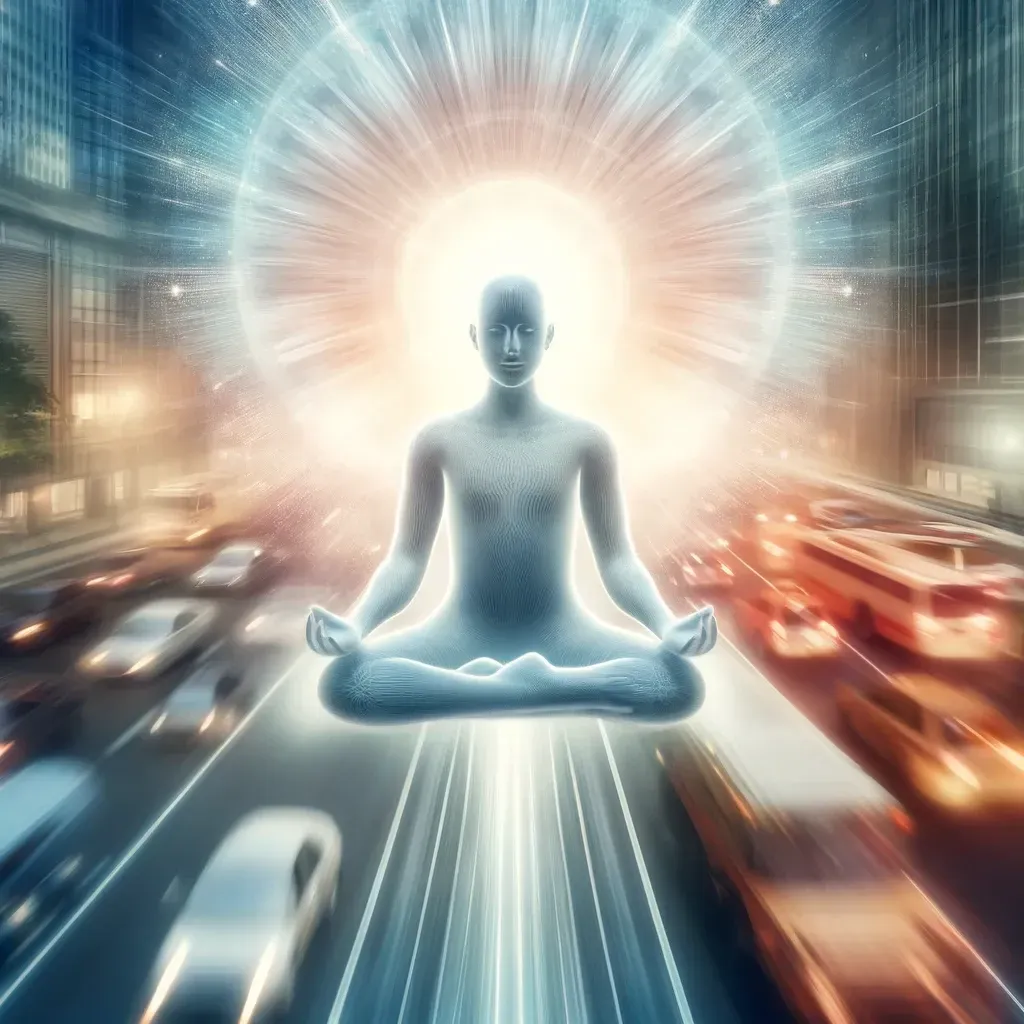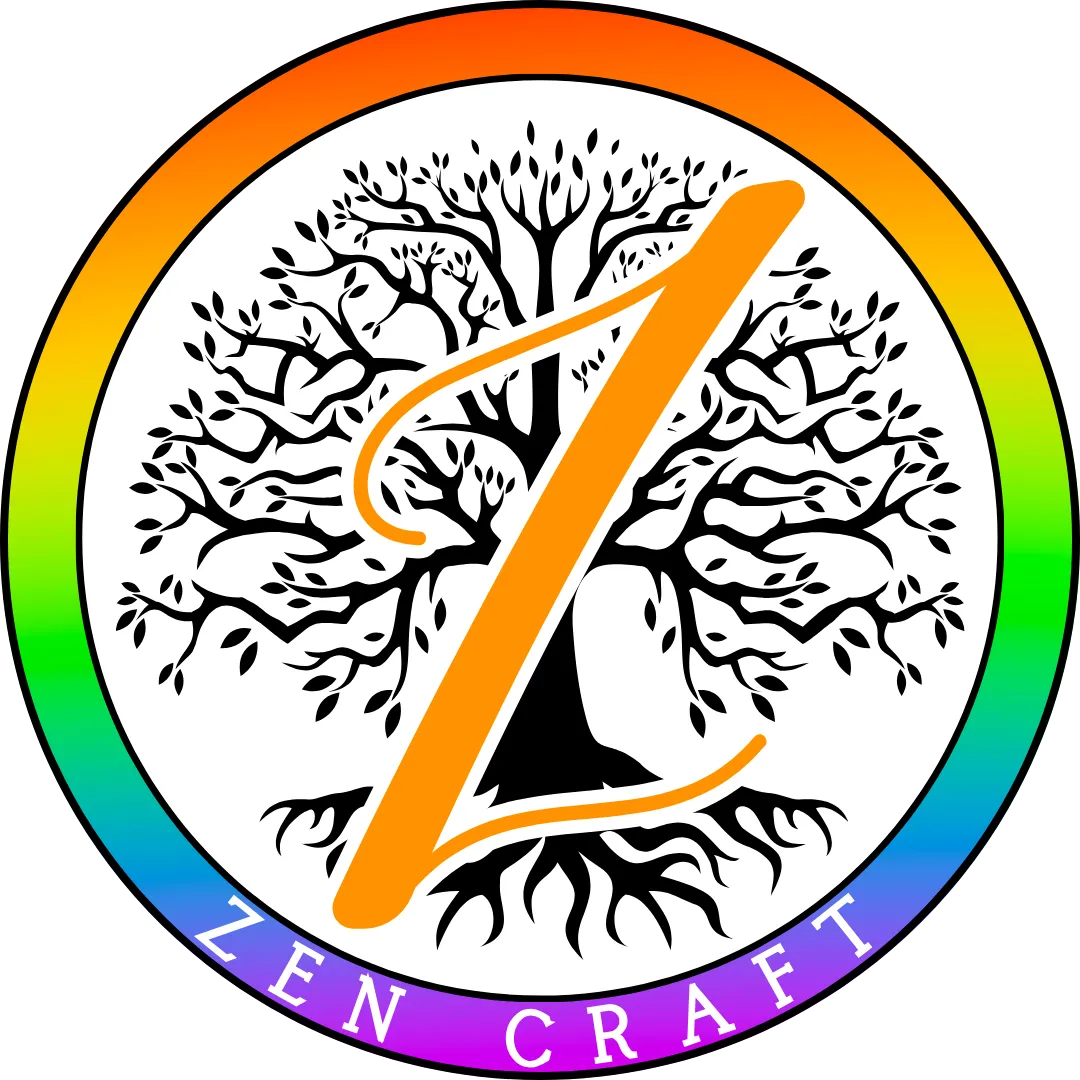Mindfulness Incubator
By Zen Craft

Why Mindfulness is a Superpower
Transcript
You may have heard this word mindfulness. It’s become something of a buzz phrase of late.
I’m here to offer a simple, practical definition: Mindfulness is the ability to know what’s happening in your head at any given moment without getting carried away by it. Imagine the immense utility of this skill in everyday life.
Consider this common scenario: you’re driving, and someone cuts you off.
How do you usually respond? Most of us think, “I’m pissed.” Then, almost automatically, we embody that anger. There’s typically no gap between the stimulus—being cut off—and our response—we become truly angry.
With a bit of mindfulness, the situation could unfold differently.
You might notice physical signs of anger, like a buzzing in your chest or reddening ears, and a flurry of indignant thoughts like, “I’m getting angry.” Recognizing these signs gives you a crucial pause. You don’t have to act on the anger; you don’t have to chase down the other driver while yelling, to the horror of your kids in the backseat.
Mindfulness doesn’t mean never getting angry.
Yes, anger can be justified. But with mindfulness, you can learn to respond wisely rather than reacting on impulse. This is not about becoming a passive, non-judgmental observer of your own life but about engaging more thoughtfully with your experiences.
How do you develop this superpower? Through meditation
.
I view meditation and mindfulness as the next big public health revolution. Back in the 1940s, telling someone you were going for a run might prompt them to ask who was chasing you. But as science highlighted the benefits of physical exercise, it became a standard part of health maintenance. I believe mindfulness and meditation are on the same trajectory.
Incorporating mindfulness and meditation into your life might someday be as commonplace and essential as physical exercise, eating well, or brushing your teeth.
These practices are poised to join the pantheon of self-care activities that we recognize as crucial for maintaining our health.
To conclude, while mindfulness won’t solve all your problems or turn life into an endless series of joyful moments, it offers a profound form of empowerment.
It’s a superpower that everyone can access, starting right now. It helps you navigate life’s challenges with greater calm and wisdom, transforming not just moments of stress but potentially your overall approach to living.
Reflection
Mindfulness has become more than just a trending topic; it's a transformative practice.
Think of mindfulness as mastering the art of staying aware of your thoughts at any given moment without being swept away by them. The value of this skill in everyday life is immense.
Consider a common scenario: you're driving and someone suddenly cuts you off.
How do you react? Like many of us, you might instantly feel a surge of anger and think, "I'm angry!" This thought might completely take over, leaving no room between the provocation and your reaction.
This is where the practice of mindfulness can change the narrative.
By applying mindfulness in these moments, you might notice a different internal response. Perhaps your chest tightens, your ears heat up, or you're bombarded with indignant thoughts. Recognizing these signs is crucial because, despite the rising anger, you realize you don't have to act on it. There's no need to escalate the situation by pursuing the other driver, especially not with your kids in the backseat witnessing a potential meltdown.
You might ask, "Isn't it normal and sometimes justified to get angry?"
Absolutely, but mindfulness isn't about suppressing your emotions or avoiding rightful anger. It's about developing a kind of superpower—the ability to choose a thoughtful response over a knee-jerk reaction to the challenges that life throws your way.
So, how can you access this superpower? Through meditation.
I see meditation and mindfulness as the burgeoning giants of public health. Recall the 1940s when running was seen as an oddity unless you were being chased. Once the health benefits of physical exercise were scientifically validated, everyone started doing it—or at least felt guilty for skipping it.
Mindfulness and meditation are poised to become as routine and essential as exercise.
They are set to become the next undisputed elements of a healthy lifestyle, right up there with brushing your teeth, eating well, and following medical advice.
In conclusion, while mindfulness won’t fix every problem or turn life into an endless joyride, it equips you with a profound capability.
It's readily available, offering you the tools to handle life’s ups and downs with grace and wisdom. Embracing mindfulness means navigating life's twists and turns with not just resilience but with a serene and insightful approach.

Call Us - (719) 341-2280
E-Mail Us - [email protected]
Zen Craft © 2025 All Rights Reserved.